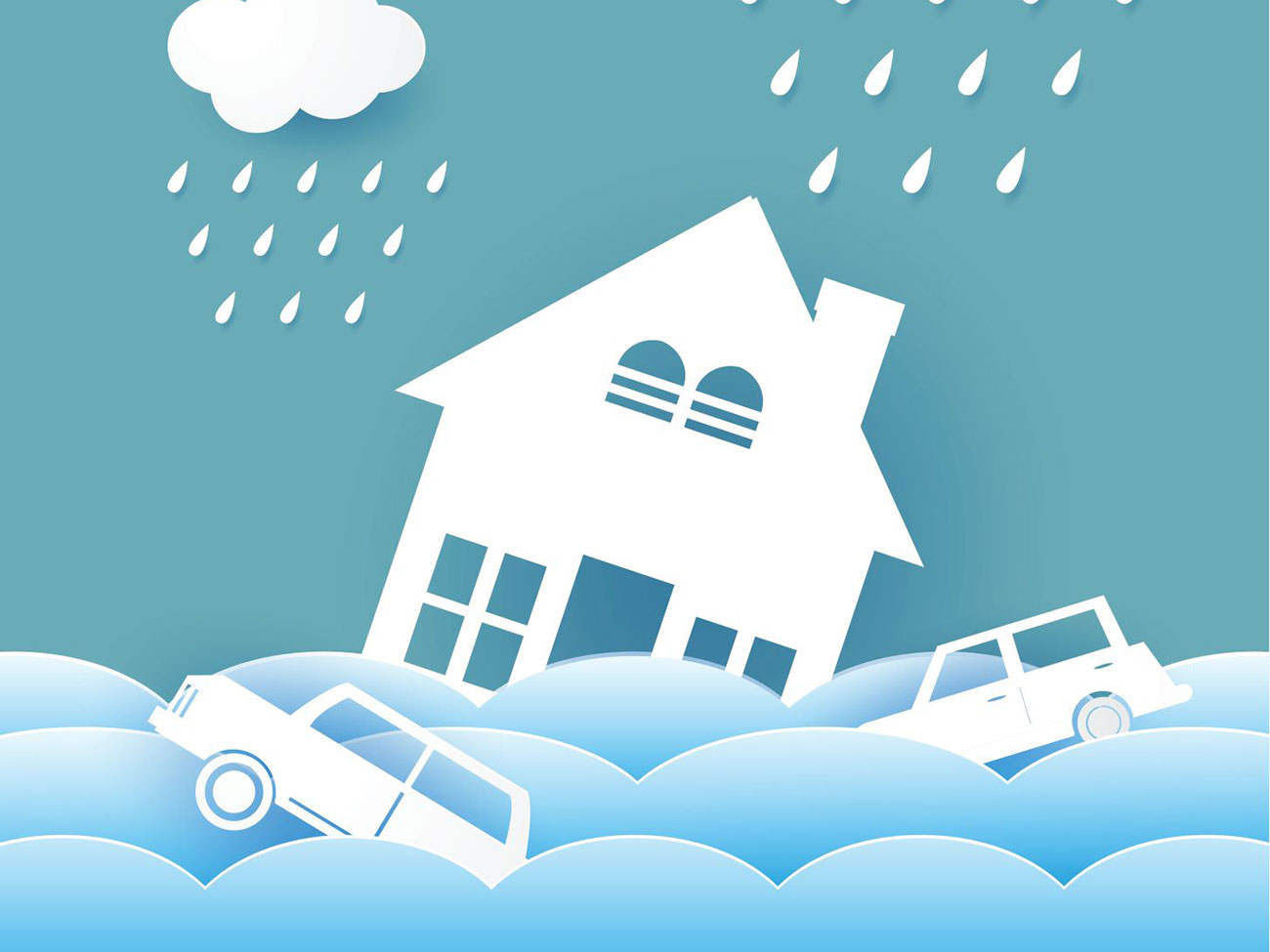As a homeowner, safeguarding your basement against flooding should be a top priority. A flooded basement can result in extensive damage, costly repairs, and a host of headaches you’d rather avoid. But how prepared are you to prevent basement floods and mitigate their consequences? Let’s find out by asking ten critical questions to assess your flood readiness.
1. Do You Have a Sump Pump?
We believe every home should have a sump pump installed at the very least. Especially in Windsor, many homes are prone to flooding due to our high water table and stormy summers. Without a sump pump, your basement will most certainly flood and your possessions will be ruined.
2. Do You Have a Battery Backup Pump?
Without a battery backup pump, a power outage during a storm can render your primary sump pump useless. We recommend that every home that has a sump pump should have a battery backup. There is no point in spending thousands of dollars on a solution that doesn’t work just because the lights went out.
3. Have You Recently Checked on Your Backwater Valve?
Backwater valves are essential for preventing sewage backup during heavy rains or plumbing issues. However, they require regular maintenance. Neglecting this maintenance can result in the valve not working properly when you need it most.
4. Is Your Waterproofing System Full-Perimeter?
Partially waterproofed basements or crawl spaces can still be susceptible to water seepage in untreated areas. A full-perimeter waterproofing system ensures comprehensive protection.
5. Does Water Collect Against Your House When It Rains?
Water collecting against your home’s foundation can lead to basement leaks. Proper yard grading is essential to redirect water away from your house and prevent this problem.
6. Are Your Eavestroughs Clear and Carry Water at Least 6 Feet Away From Your Home?
Clear eavestroughs help channel rainwater away from your foundation. If eavestroughs are clogged or water isn’t directed at least 6 feet away from your home, you risk water pooling near the foundation.
7. Do You Have Any Foundation Cracking?
Foundation cracks often result from a compromised drain tile system, allowing water to rise and pool against your foundation. Fixing the problem at the source, the drain tile, is integral to the structural integrity of our foundation.
8. Do You Currently Have Any Moisture in Your Basement or Crawl Space?
Moisture in basements or crawl spaces can lead to mold growth, structural damage, and health concerns. Waterproofing is essential to keep these areas dry.
9. Do You Have Window Wells in Your Basement?
Window wells are not only legally required for basement living spaces, but they also provide a means of escape during an emergency. Who knows, you just might need them during a flood. Do you want to risk it?
10. Do You Have an Emergency Flood Line at the Ready?
Being prepared for floods means having access to help when you need it. Supreme Basement Solutions offers an emergency flood line with an actual human being on the other end of the line who is available 24/7, 365 days a year. You can trust that assistance is just a call away.
Conclusion
Assessing your flood readiness is a crucial step in protecting your home and possessions from the devastation of basement flooding. If you see areas where your flood preparedness could improve after going through these questions, consider taking action to protect your basement. With the right tools and experts, you can minimize the risk of basement floods, protecting your possessions and family.

